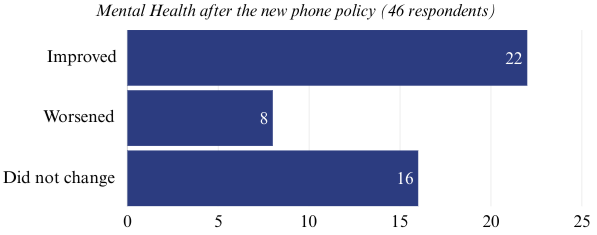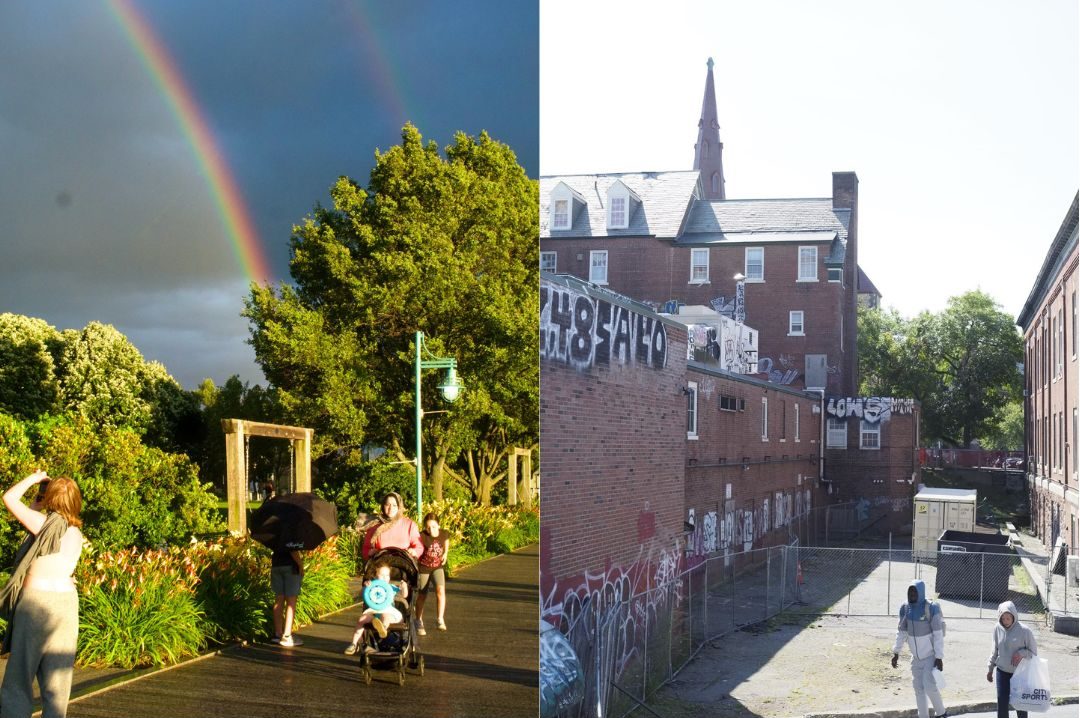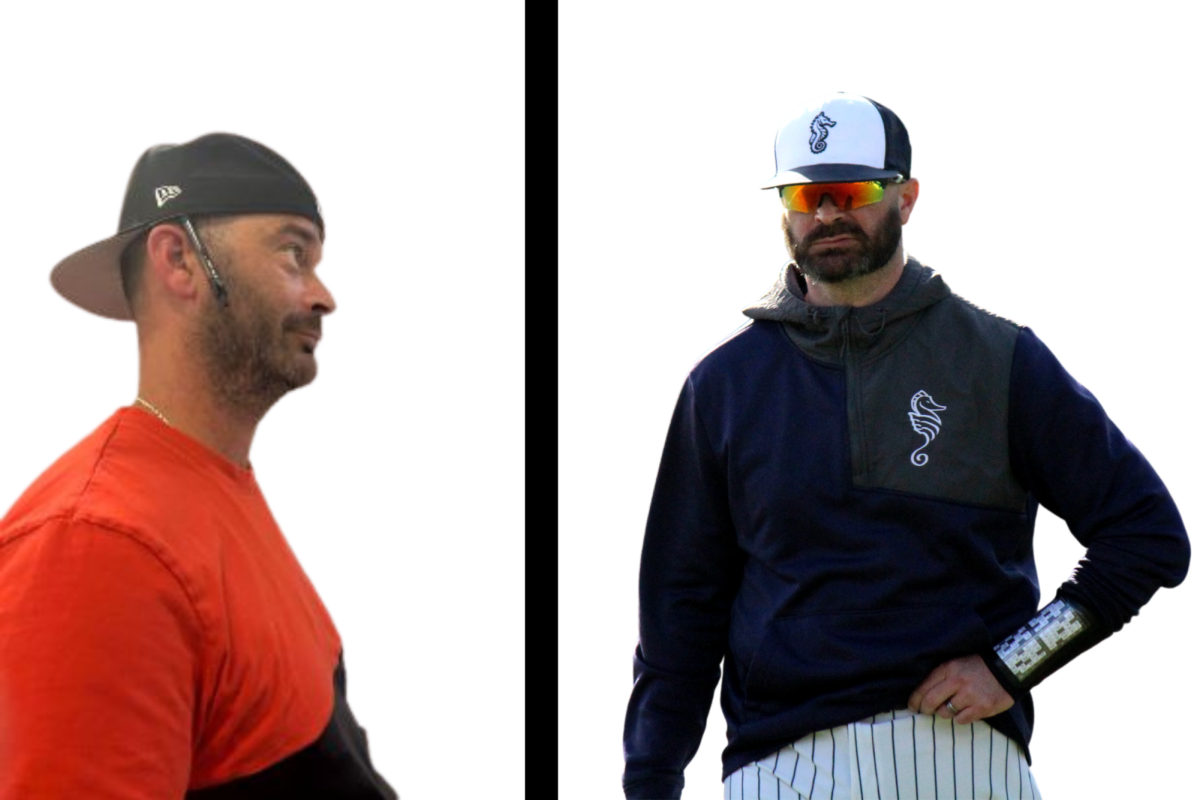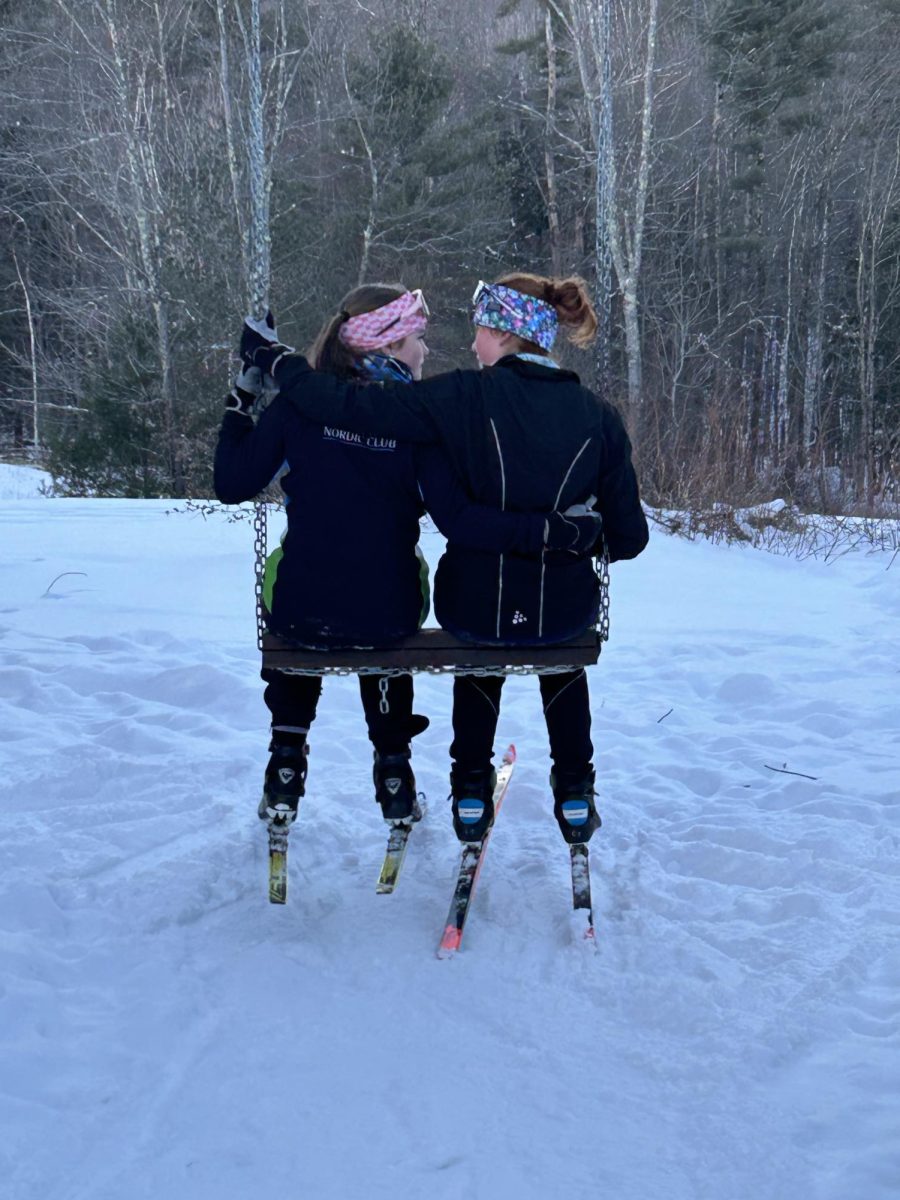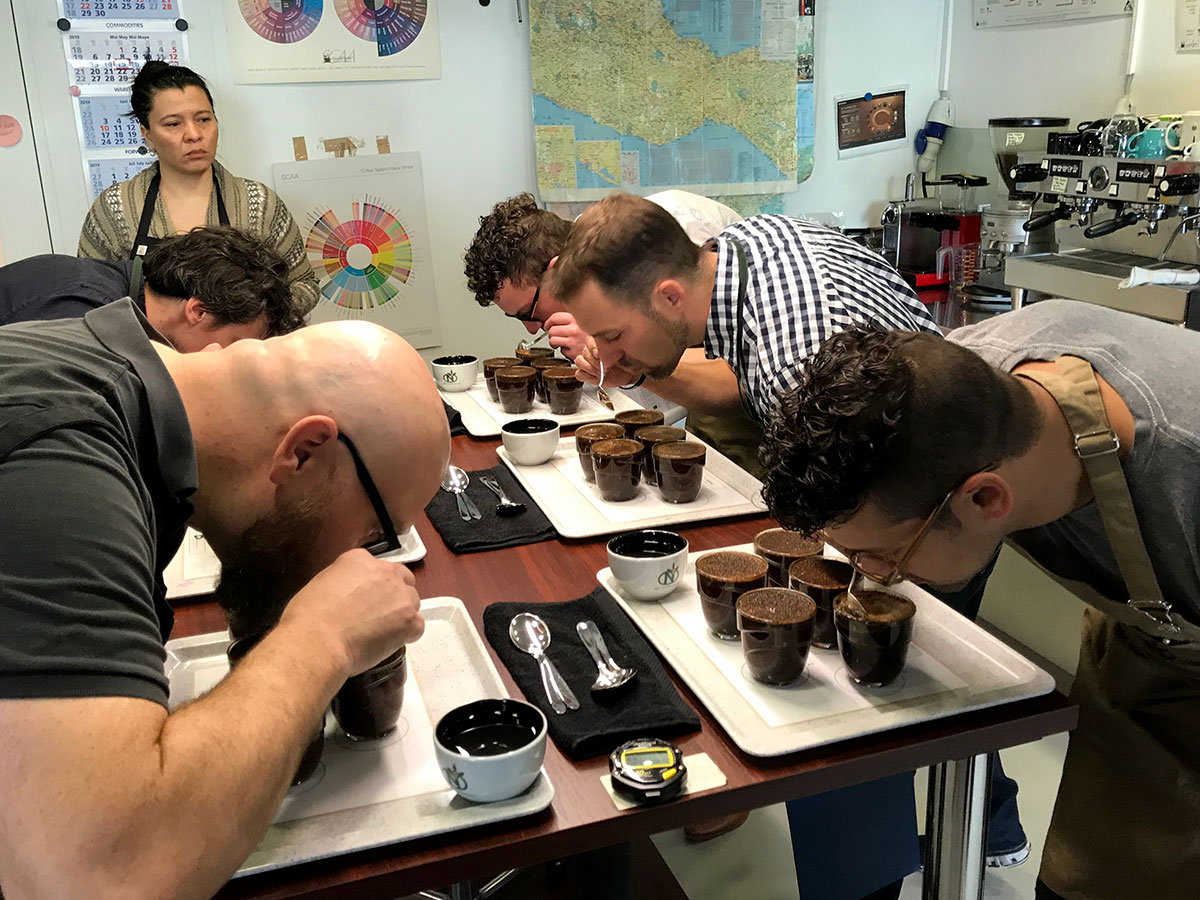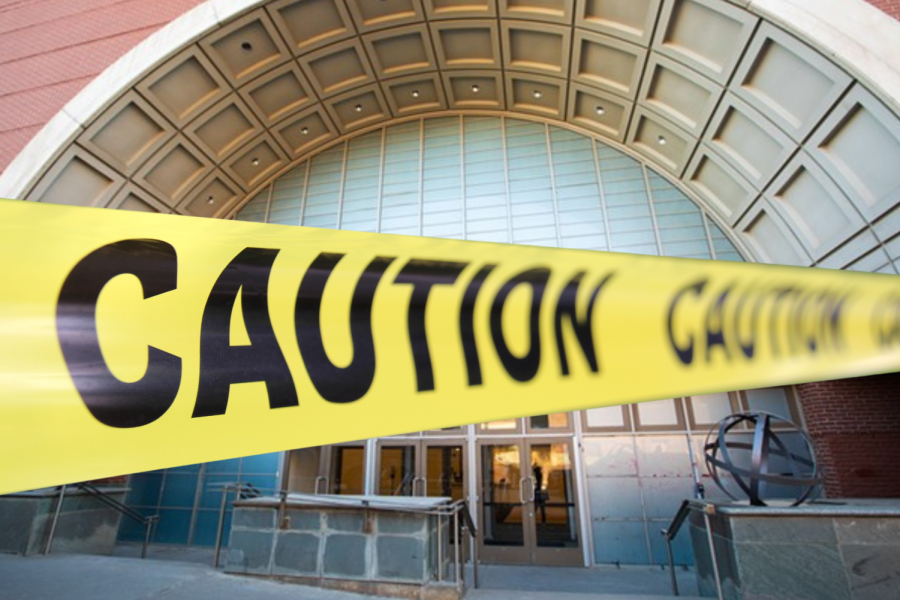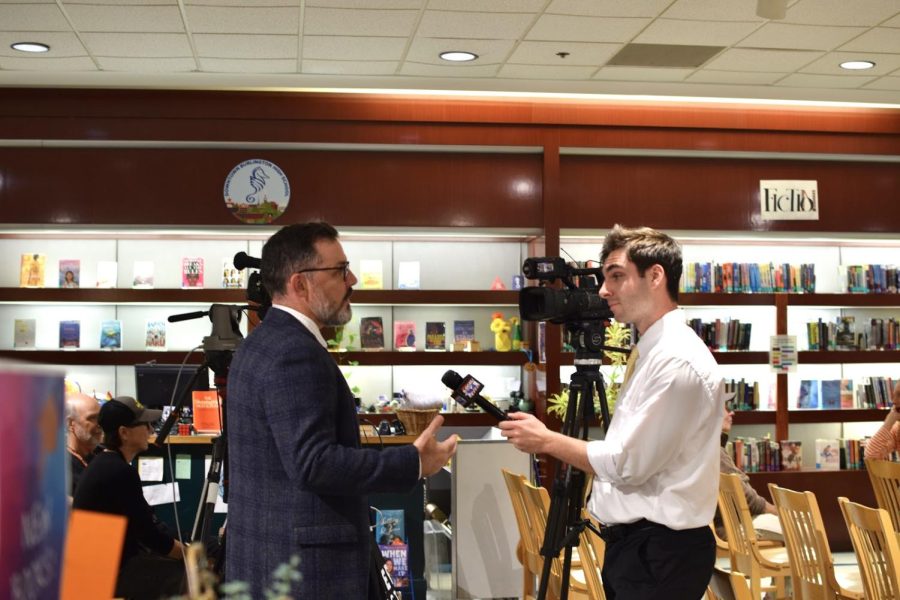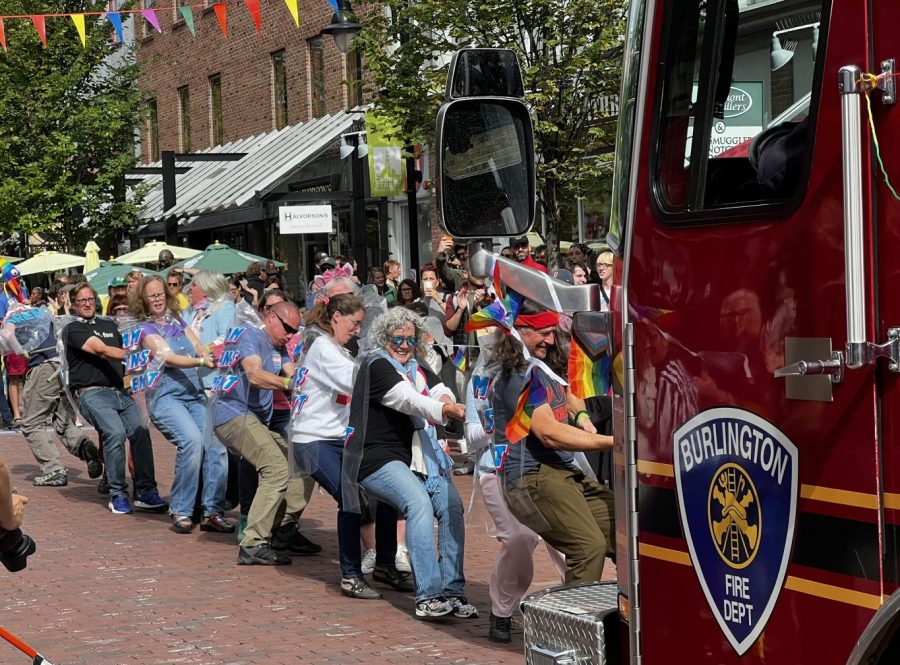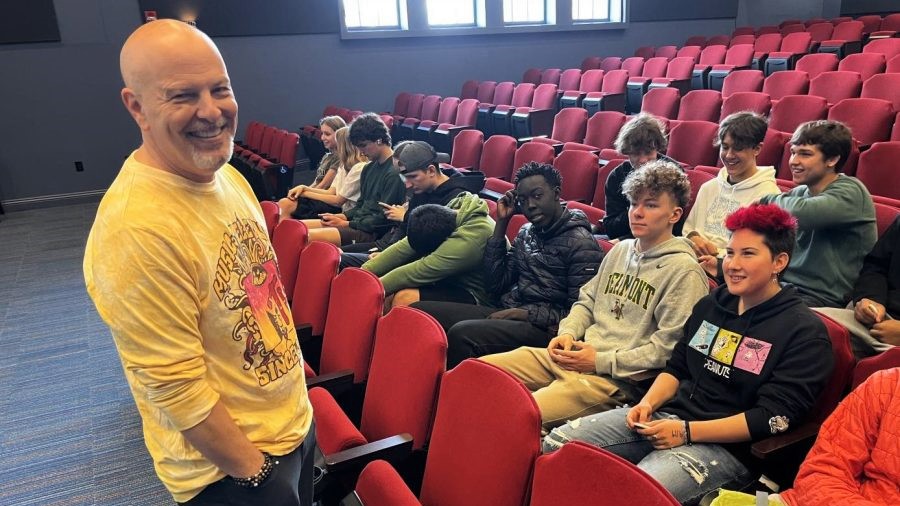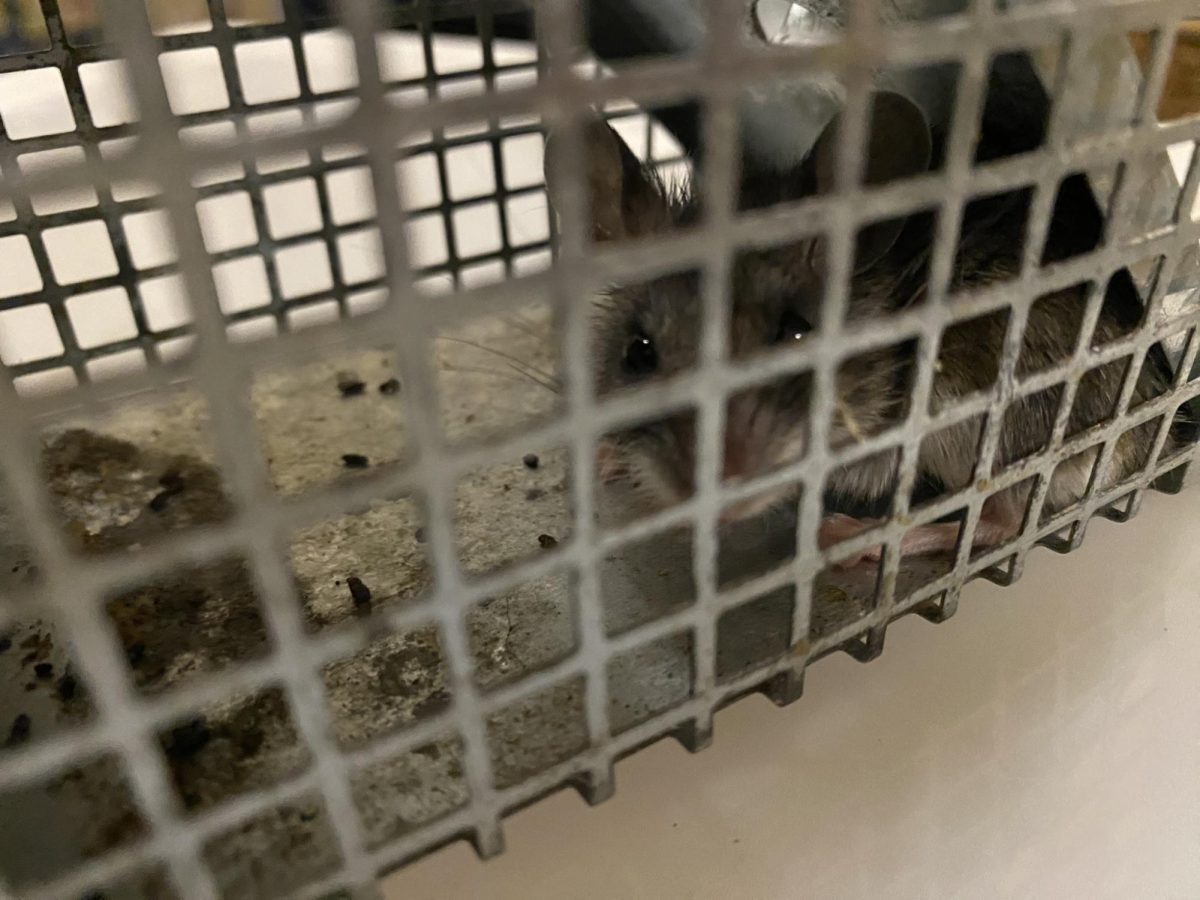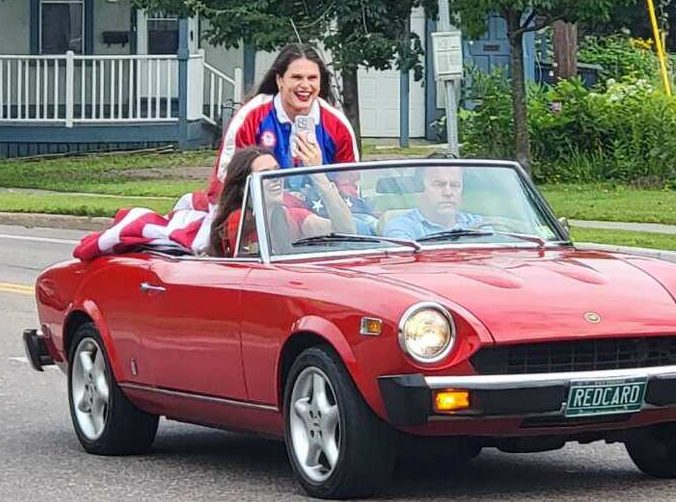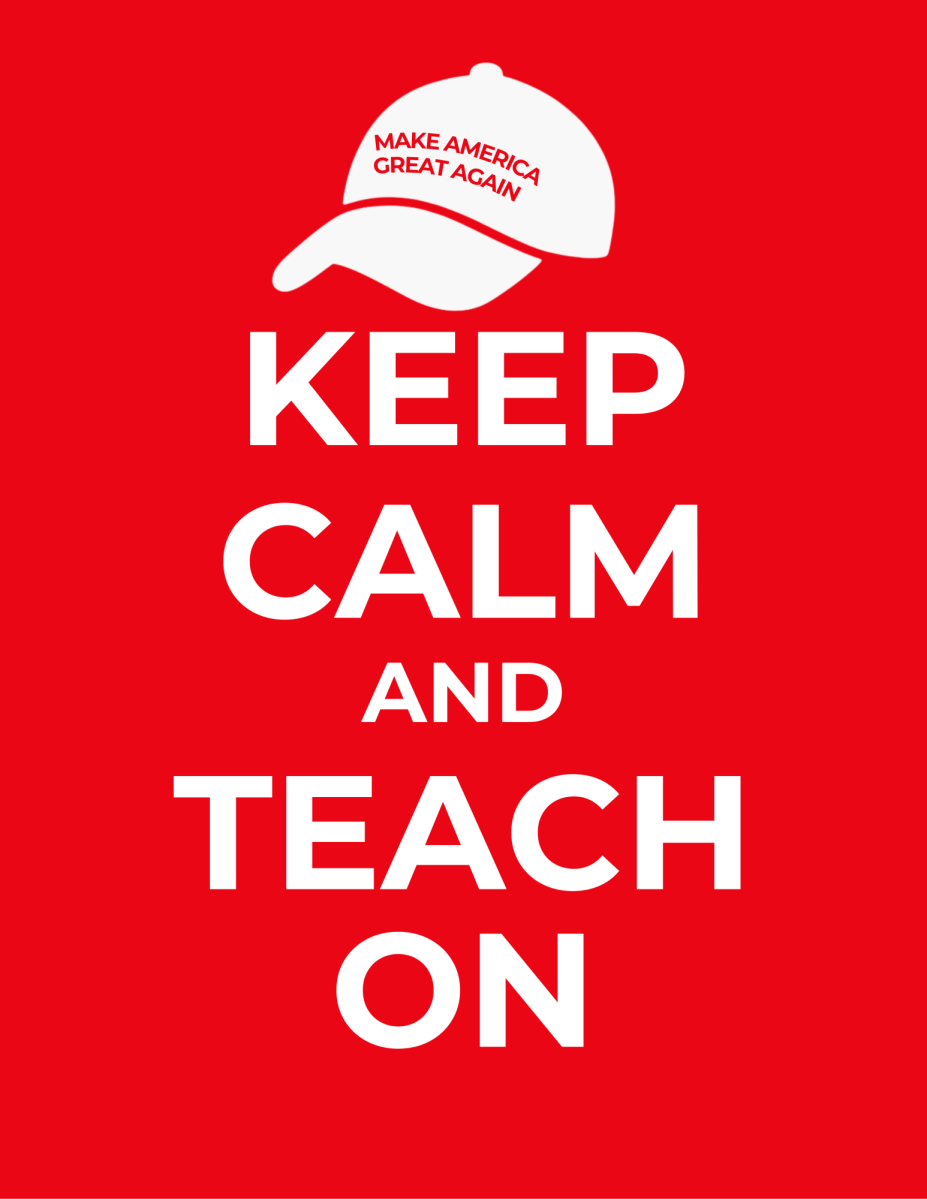Winter weather often acts as barrier for community engagement during the coldest months of the year. Outdoor activities lose their appeal with the dropping temperatures, and many people experience less motivation to leave their cozy living rooms on frigid nights. There is also a notable decline in the number of activities available to lure people out of their houses. While many Vermonters enjoy activities such as skiing and snowboarding during the winter months, lack of affordability limits the accessibility of such opportunities for many families.
Despite that, numerous Burlington neighborhoods have taken strides to combat these issues with the annual instillation of ice rinks in local parks around the city. These free, hand-maintained rinks aid provide outdoor activities free of cost, and cultivate engagement and a strengthened sense of community within Burlington neighborhoods. They act as a fun and safe platform for neighbors of all ages to connect, and have proven to be a successful kick-in-the-butt for many weather-induced homebodies.
“I wasn’t going to leave my house tonight,” said BHS junior Ben Bates on a game of Friday night hockey, “But I heard about this hockey game and wanted to give it a try.”
If one were to walk by a rink on almost any given Friday night, it would impossible for them to miss the joy that radiates from the space. Pick-up hockey games are prevalent on these chilly evenings, and have become a staple in many skater’s winter routines. At a recent game of pick-up at the Lakeside Rink, almost two-dozen skaters gathered to play under twinkling Christmas lights, many of whom were BHS students. The skaters varied in age and skill, but reflected unanimous sheens of joy. One student in attendance, senior Caleb Hoh, laughed that “it was (his) first time on skates in years,” while other students announced themselves as regular Friday night pick-up attendees.
Student Volunteer Efforts
The joy produced at the rinks seems effortless, BHS senior Sidney Badibanga can vouch for the contrary. Badibanga is not only an avid skater at the rink, but is one of the core workers in maintaining it. While it can be a time-consuming job, he enjoys the task and considers in his duty to give back.
“I originally wanted to help because one, I live in the neighborhood, and two, because I used it so much that I figured I could help out and keep improving it for others to use.” Badibanga said.
The annual construction of the rinks starts well before the start of the skate season. According to Badibanga, the first steps to building the rink are taken around mid-November. A base frame is constructed out of metal and wood, and set to wait for the weather to drop. When the weather falls to 20 degrees or below for at least a few days, Badibanga and the other volunteers set the plastic rink liner over the ice. Finally, the rink is flooded, and the only thing left to do is to eagerly wait for it to freeze.
While the initial rink construction accounts for the bulk of Badibanga’s duties, he is active in maintaining it throughout the season. Badibanga noted that temperatures often climb into the 40’s a few times per season, which causes the ice to become soft. During these times, it is Badibanga and the other volunteers’ job to prevent people from skating and further damaging to the soft ice, as well as repairing the detriments that have already occurred. Badibanga stresses the importance of keeping off the ice on warmer days, stating that “when the plastic liner is skated on, it can no longer do its job to hold water. This generally ruins the season.”
Neighborhood rinks strive to make their facilities enjoyable and accessible and fun for everyone. Many of the rinks offer large selections of loaner skates and hockey sticks for people who do not have their own. The entire community is invited and encouraged to take advantage of the rinks. “We see lots of different people use the rink from families with young kids, to groups of college students and adults playing full on games of hockey so it is a great way to meet new people who may share a similar interest,” Badibanga said.





